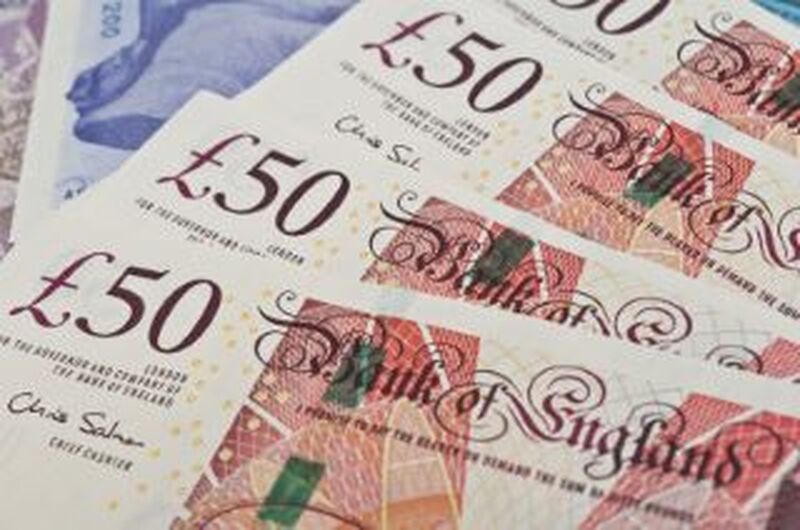GEOGRAPHICAL inequalities - which have left places such as Barnsley much more vulnerable during the current cost-of-living crisis - have been laid bare in a report which ranks the borough among the country’s hardest-hit areas.
The report compiled by think-tank Centre for Progressive Policy suggests the soaring costs of energy, fuel and food are set to drive a further wedge between more deprived communities in the north and those in affluent southern areas.
Barnsley ranks among the top ten per cent of England’s 333 local authorities based on six indicators of deprivation - including the percentage of households in fuel poverty and Universal Credit claimants - with more people at risk of being pulled into poverty.
One in three children in Barnsley live in poverty, according to the report, while 26.6 per cent of working-age people between 16 and 64 - slightly more than one in four - are not in employment or seeking employment and are therefore deemed ‘economically inactive’.
Food insecurity affects 14.8 per cent of adults, while 18.6 per cent of households suffer from fuel poverty.
These are factors which could be disastrous without action, while researchers note that in the context of the cost-of-living crisis, there is a ‘significant and immediate threat’ to the government’s agenda to level up areas that need it the most.
“Greater immediate spending on welfare is required but will not be enough to support vulnerable people and places,” said the report.
“Our index points to other forms of vulnerability that may sit outside the welfare system - such as those living on low wages or those who have left the workforce early.
“To have any hope of making progress on levelling up, policymakers must act to address these underlying vulnerabilities.”
Somewhat more positively, Barnsley’s Universal Credit claimant count is the lowest of the 31 hardest-hit areas at 4.3 per cent of working-age people, while the percentage of low-paid jobs - one of the ‘critical drivers’ of the crisis - is the joint seventh-lowest at 17 per cent.
The thinktank suggested covering the cost of April’s 54 per cent energy price cap rise for Universal Credit recipients would cost £600m less than the recently-announced £3bn council tax rebate - and would support more of ‘the most vulnerable people and places’.
More than half of all taxpayers in Barnsley are set to receive the rebate, while 30,812 people are claiming Universal Credit - a figure which soared by more than 80 per cent in the pandemic’s early stages.
Barnsley Central MP Dan Jarvis said the report was ‘no surprise’, adding: “A toxic triple-whammy of Covid-19, austerity and industrial decline has hit our town hard and, despite plenty of warm words, the Conservative government has consistently failed to level Barnsley up.
“This is being compounded by a cost-of-living crisis that is hammering Barnsley folk - with no sign of meaningful support from a chancellor more concerned with his own tax arrangements than supporting hard-up families.”
Barnsley East has the highest number of claimants with 9,053 - around half of which are on older legacy benefits and may struggle with the five-week changeover period when transferred onto the new system.
Barnsley East MP Stephanie Peacock said: “The government simply aren’t doing enough to help ordinary families, many of whom are now struggling to afford the basics. If this crisis is affecting you, I will do everything I can to raise these concerns in Parliament.”



























